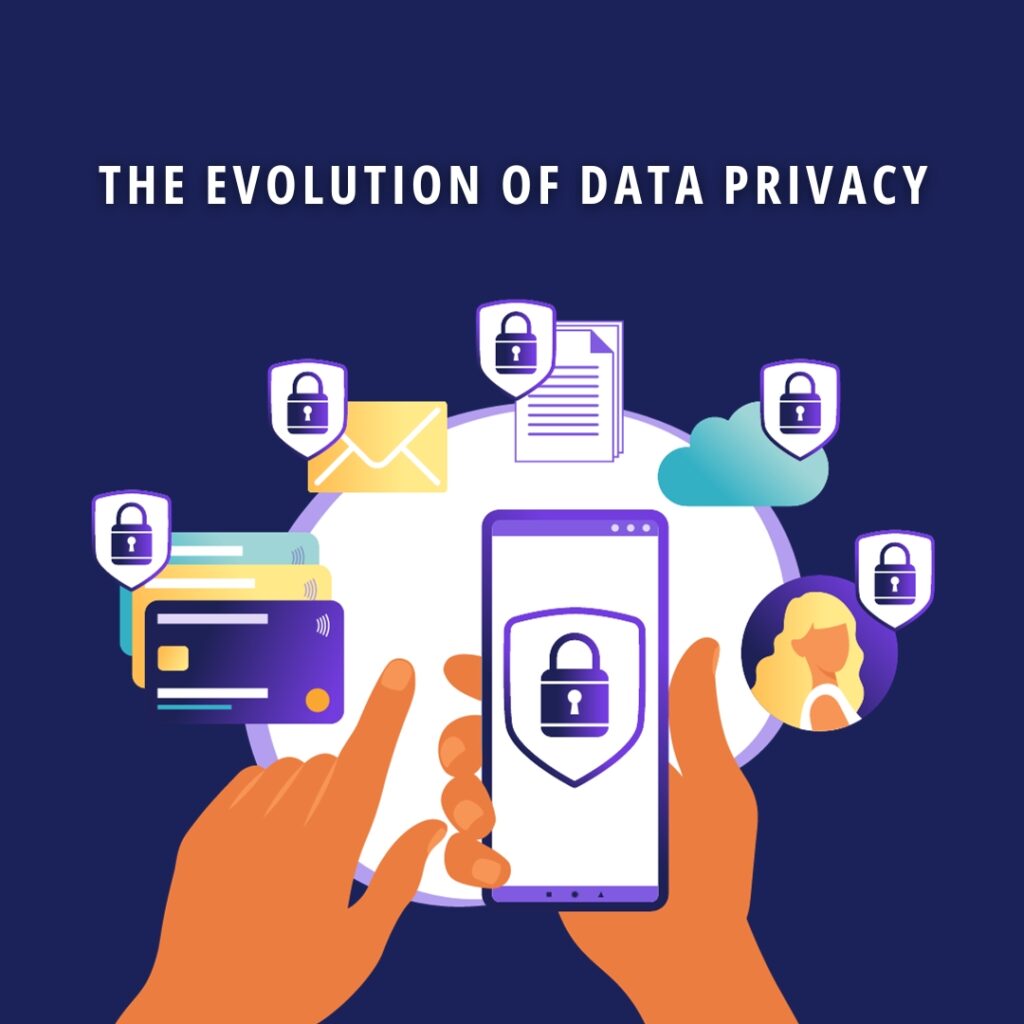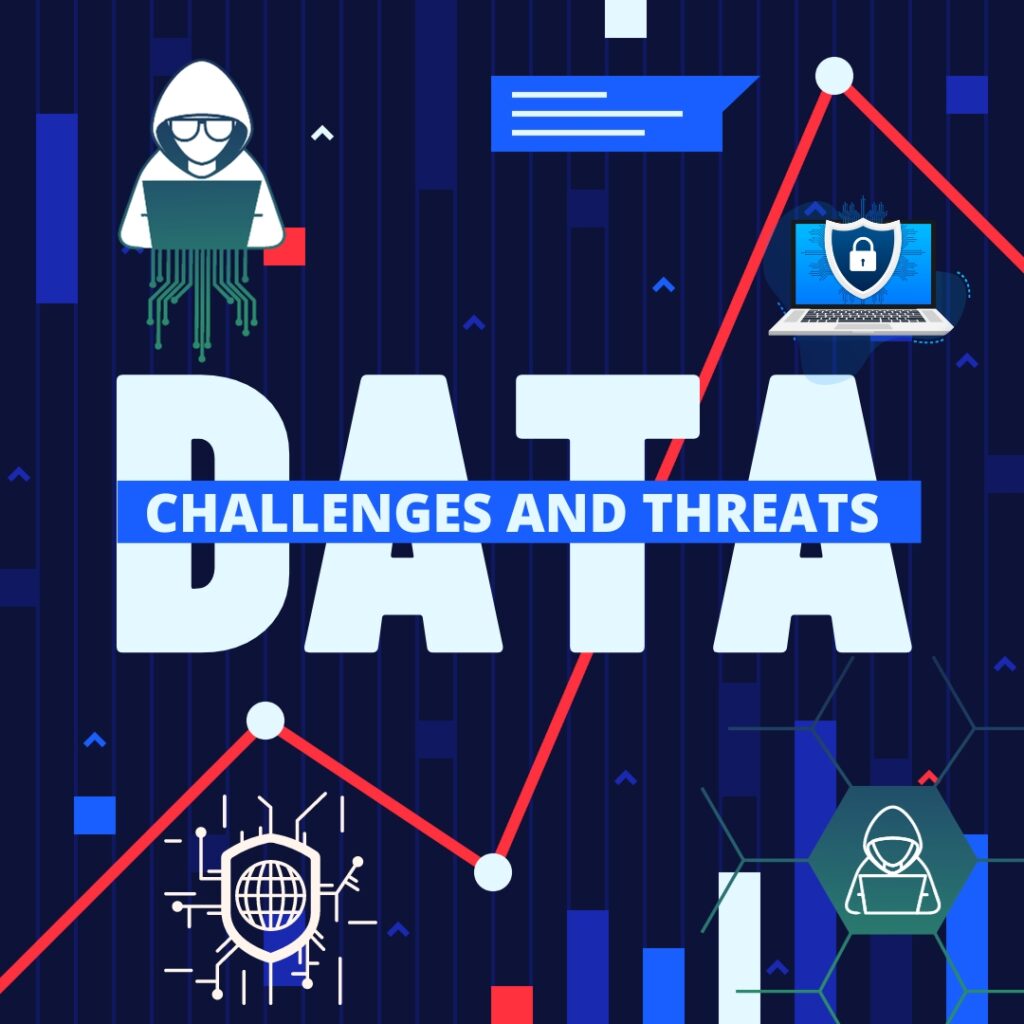Introduction:
In the digital age, where information flows seamlessly across networks and technologies, the importance of data privacy and protection has become paramount. Data, often referred to as the “new oil,” fuels the engine of technological innovation, economic growth, and societal progress. However, the widespread collection, processing, and sharing of personal information have raised significant concerns about the potential misuse of data and the erosion of individual privacy. As individuals and organizations alike grapple with the implications of a data-driven world, establishing robust frameworks for data privacy and protection is essential to safeguard trust and maintain the delicate balance between innovation and security.
The Evolution of Data Privacy:
The concept of data privacy has evolved over time, shaped by technological advancements and changing societal norms. Initially, concerns were focused on physical records and paper trails. With the advent of the internet and digital communication, the scope and scale of data collection expanded exponentially. Today, personal data encompasses a vast array of information, including but not limited to browsing habits, social interactions, financial transactions, and health records.

Legislation and Regulatory Landscape:
Governments and regulatory bodies worldwide have recognized the need to address the challenges posed by the digital age. Consequently, data protection laws and regulations have been enacted to provide a legal framework for safeguarding personal information. Prominent among these is the General Data Protection Regulation (GDPR) in the European Union, which sets stringent standards for the processing and handling of personal data. Similarly, other regions, including the United States, have implemented or proposed regulations to enhance data privacy and protect consumer rights.
Challenges and Threats:
Despite regulatory efforts, challenges persist in ensuring effective data privacy and protection. Cybersecurity threats, such as data breaches and ransomware attacks, pose a constant risk to sensitive information. The increasing sophistication of malicious actors necessitates continuous innovation in cybersecurity measures. Additionally, the rapid pace of technological advancement often outstrips the development of corresponding regulations, creating a gap that can be exploited by those seeking to exploit vulnerabilities.

Organizational Responsibilities:
Organizations play a pivotal role in the ecosystem of data privacy and protection. As custodians of vast amounts of personal information, they must prioritize the implementation of robust security measures and transparent data practices. This involves not only complying with relevant regulations but also fostering a culture of privacy within the organization. Employee awareness and training programs are crucial in ensuring that all stakeholders understand the significance of data protection and their role in upholding it.
Empowering Individuals:
Empowering individuals to take control of their personal information is an essential aspect of a comprehensive data privacy strategy. Clear and accessible privacy policies, consent mechanisms, and user-friendly interfaces contribute to informed decision-making by individuals regarding the use of their data. Privacy rights advocacy and education also play a crucial role in raising awareness about the importance of digital self-determination.
Conclusion:
In a world where data is both a valuable resource and a potential source of vulnerability, striking the right balance between innovation and protection is imperative. A harmonious coexistence of technological advancement and robust data privacy practices is essential to foster trust among individuals, businesses, and society at large. The ongoing evolution of data privacy and protection frameworks requires continuous collaboration between governments, organizations, and individuals to navigate the challenges of the digital era responsibly. By embracing a collective commitment to safeguarding personal information, we can build a foundation of trust that will underpin the continued growth and prosperity of the digital age.





Leave a Reply